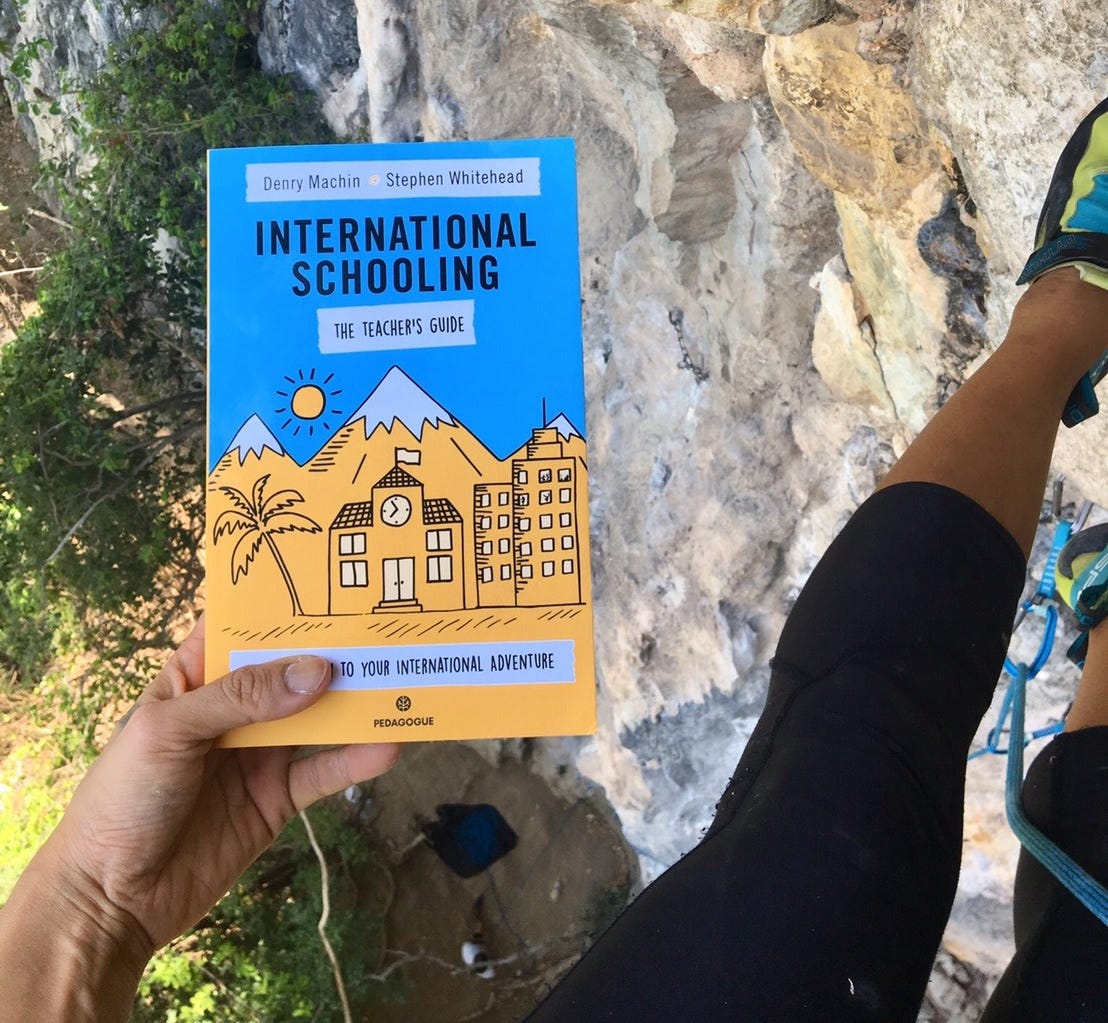While the COVID situation in many Westernised countries seems to have stabilised, several international schools in Asia have witnessed a reversal, in which initially low case numbers and greater freedom of movement has now deteriorated into widespread surges in cases and lockdowns.
In Thailand, many staff working in international schools are still waiting for vaccines to be rolled out more widely, and to get a clearer picture of when they might be able to receive one.
As such, the next academic year feels somewhat pivotal in terms of the international school market, at least in the short-term.
Many international schools are seeing a small but significant number of families looking to return to their home countries in order to receive the vaccine more quickly. Further, many families with children at international schools that have hospitality-related businesses simply can’t afford to stay open, let alone pay international fees, due to the drastic impact of covid restrictions on the tourist and hospitality industries in Thailand.
Additionally, there is a decrease in the numbers of students from China seeking to study in international schools in Thailand (at least in the short-term), with many families seeking online options whilst waiting for the situation to stabilise further.
In this respect it is my contention that the middle to lower tier international schools will suffer the most. I believe we will see a small but significant number of students leaving the country, which may further de-stabilise schools that are already struggling to compete with bigger, ‘brand-name’ schools.
And, despite the appeal of views like the above, I also predict a significant turnover of teaching staff either leaving Thailand and seeking to move to countries with more stable COVID situations, or deciding to be closer to home after what could be three years without having been able to (easily) travel to see their families. Alternatively, if the COVID situation becomes more stable here, teachers may look to make internal moves to bigger and more financially secure schools.
Longer-term I am hoping for positive change in the international school arena, with a greater focus on staff and student wellbeing, and an acknowledgement of the importance of building better relationships with families. I also believe there will be much increased focus on the need for greater diversity and inclusion, and creating safer spaces for all identities.
I have concerns though that many schools might demand more of their teachers, amid parental concerns about value for money.
The work-life balance that used to be a hallmark of working in international education may well shift, however undoubtedly there will be many teachers looking to leave the UK after an incredibly tumultuous and challenging couple of years.
Dr Sadie Hollins currently works as a Head of Sixth Form at an International School in Chiang Mai, Thailand. Prior to working in international education she worked as a HE lecturer and researcher focusing sociological issues in sport.
After a decision to take a different life path, she moved to Chiang Mai, where she has been based for the past four years. During this time she has had the opportunity to work in a residential rehab facility, and as a school counselor. She is passionate about the concept of change and creating inclusive and aware schools for students, staff and parents.
INTERESTED IN INTERNATIONAL EDUCATION?
The Teacher’s Guide is getting around! Seen here up a cliff face in Thailand. When we said ‘a companion to your international adventure’ we didn’t quite mean literally!
Grab a copy to take on your own adventure.






